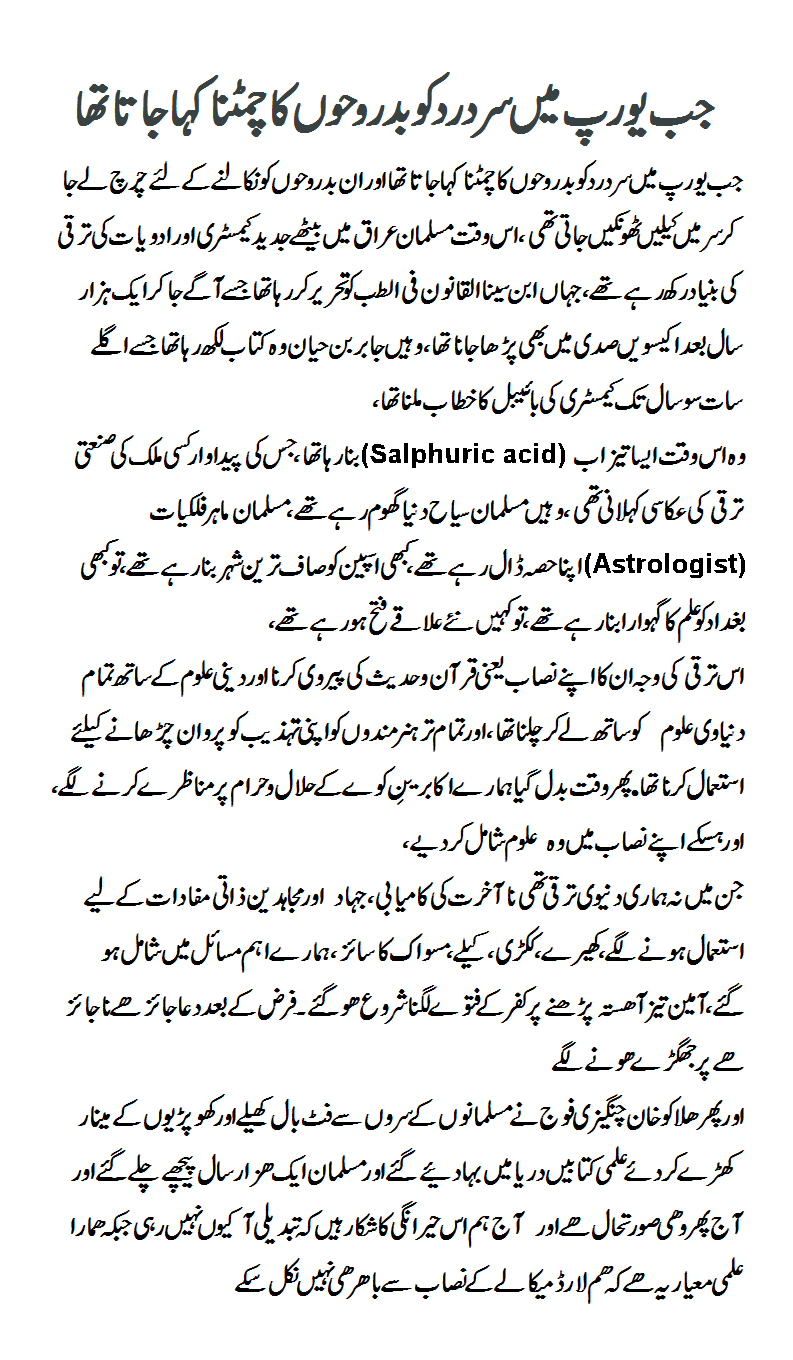Field observations and interviews with possessed individuals in contemporary Trinidadian society indicate that the incorporation of the local folklore and superstition is the prime prerequisite for the possession complex, but that the reaction per se is triggered by situations of unusual stress or emotional conflict.
Although a consistent clinical picture of psychopathology is not apparent, the four reported case histories consistently reflect a tendency toward hysterical features,
sometimes in conjunction with neurotic depression. In all cases, however, possession affords two positive advantages to the individual–direct escape from a conflict situation and diminution of guilt by projecting blame on to the intruding spirit.
The Journal for the Scientific Study of Religion (JSSR), the quarterly publication of the Society for the Scientific Study of Religion, has published research on religious phenomena for over forty years.
Drawing on a rich interdisciplinary cross-section of scholarship — including religion, sociology, political science, psychology, anthropology, and history — the journal offers scholarly analysis of the role of religion in society.
Examples of topics covered include patterns of church membership and growth, the relationship between religion and health, the relationship between religion and social attitudes,
the rise of fundamentalism, secularization and sacralization, and new religious movements. JSSR is an important publication for those who desire to keep current with scholarship on the role and impact of religion in today’s world.
